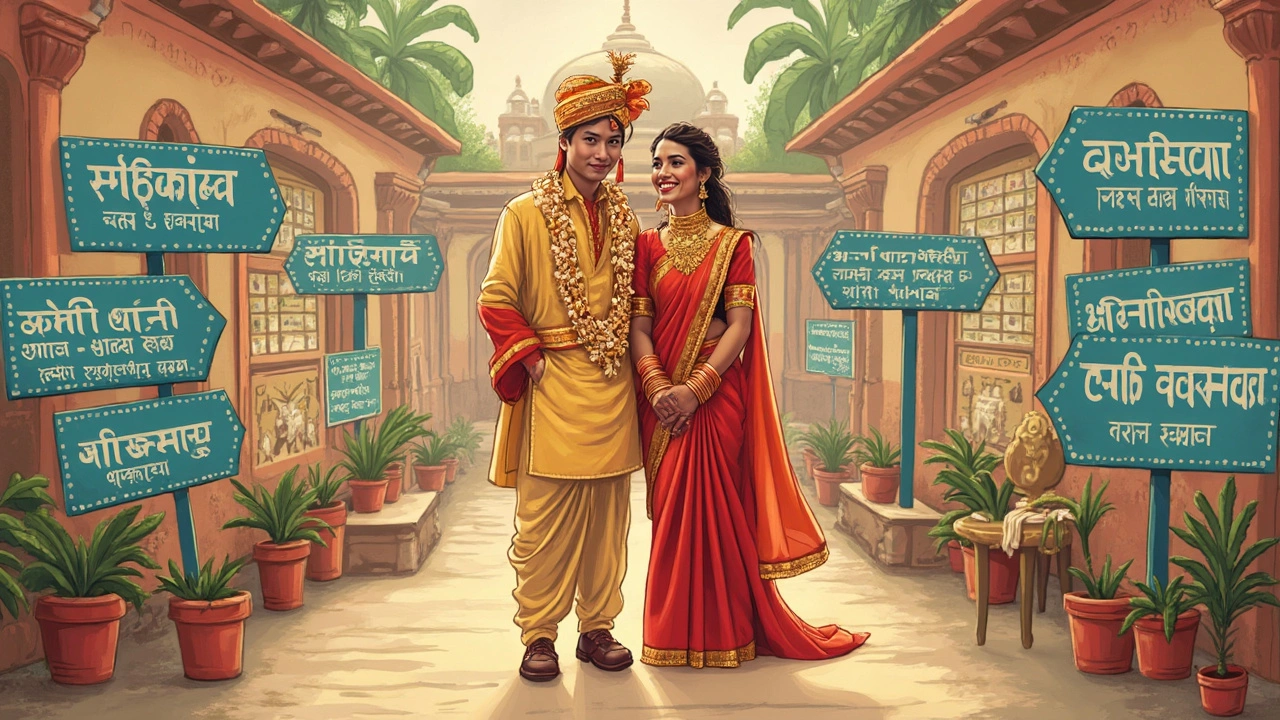Wedding Legalities in India – What You Need to Know
Getting married is exciting, but there are a few legal boxes you have to tick. Skipping them can cause headaches later, especially when it comes to registration, property, or divorce. Below is a no‑fluff rundown of the must‑do steps, plus the common traps people run into.
Key Steps to Make Your Wedding Legally Valid
First, you need a valid marriage under the Special Marriage Act or the personal law that applies to you (Hindu, Muslim, Christian, etc.). Here’s how it works:
1. Notice of Intended Marriage – Submit a notice to the local Sub‑Registrar at least 30 days before the ceremony. Both parties must be present with their IDs, age proof, and address proof. The notice stays on record for 30 days, giving anyone a chance to raise objections.
2. Certificate of Freedom to Marry – If the Sub‑Registrar finds no issues, they issue a certificate confirming you’re free to marry. This is your green light.
3. Wedding Ceremony – The ceremony itself can be religious or civil, but it has to be witnessed by at least two people besides the officiant. The officiant signs the marriage register.
4. Marriage Certificate – Within a week of the ceremony, the Sub‑Registrar finalizes the entry and gives you a certified marriage certificate. Keep this safe; you’ll need it for everything from a joint bank account to a passport change.
Don’t forget to update your name and marital status with your bank, employer, and government agencies. It’s a tiny step that saves a lot of paperwork later.
Common Legal Issues to Watch Out For
Premarital Agreements – If you and your partner own assets before marriage, a prenuptial agreement can protect them. It’s not mandatory, but a simple written agreement, signed before the marriage notice, can curb disputes if things go sour.
Age Requirements – The legal marriage age is 21 for men and 18 for women under most personal laws. Marrying below these ages can lead to the marriage being declared void.
Consanguinity Rules – Marrying a close relative (like a sibling or first cousin, depending on community law) is prohibited. Double‑check your family tree if you’re unsure.
Divorce Grounds – Even if you’re just starting out, it helps to know the common grounds for divorce in India: cruelty, desertion, adultery, and irretrievable breakdown. Knowing these can shape how you draft any pre‑marital agreements.
Foreign Nationals – If one partner is a non‑resident Indian or a foreign citizen, the Special Marriage Act is usually the easiest route. Both must have lived in India for at least 30 days before filing the notice.
Lastly, keep copies of all documents (notices, certificates, agreements) in both digital and hard formats. If a dispute ever crops up, you’ll have the proof ready.
By following these steps, you’ll avoid most legal hiccups and enjoy your wedding without worrying about paperwork later. Got any specific questions? Drop a comment, and we’ll help you sort it out.

Best States in India for a Hassle-Free Marriage Registration
When it comes to marriage registration in India, the state you choose can greatly impact your experience. Each state offers different procedures, documentation requirements, and time frames. It's essential to understand the variations to ensure a smooth process. This article delves into the best states for marriage registration based on efficiency, ease, and overall experience.